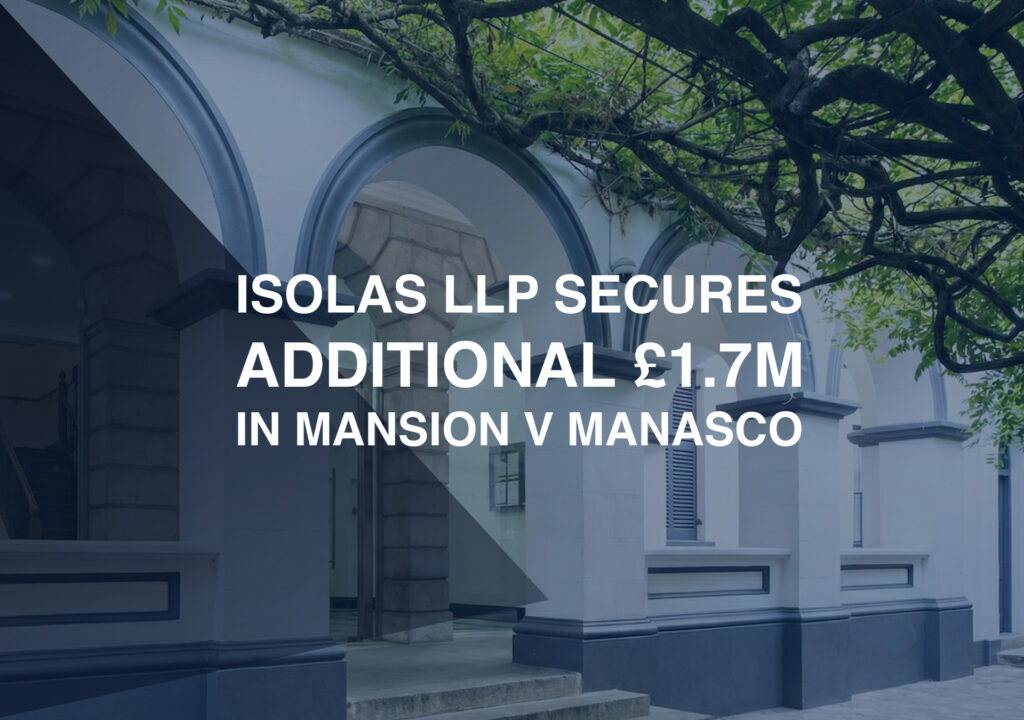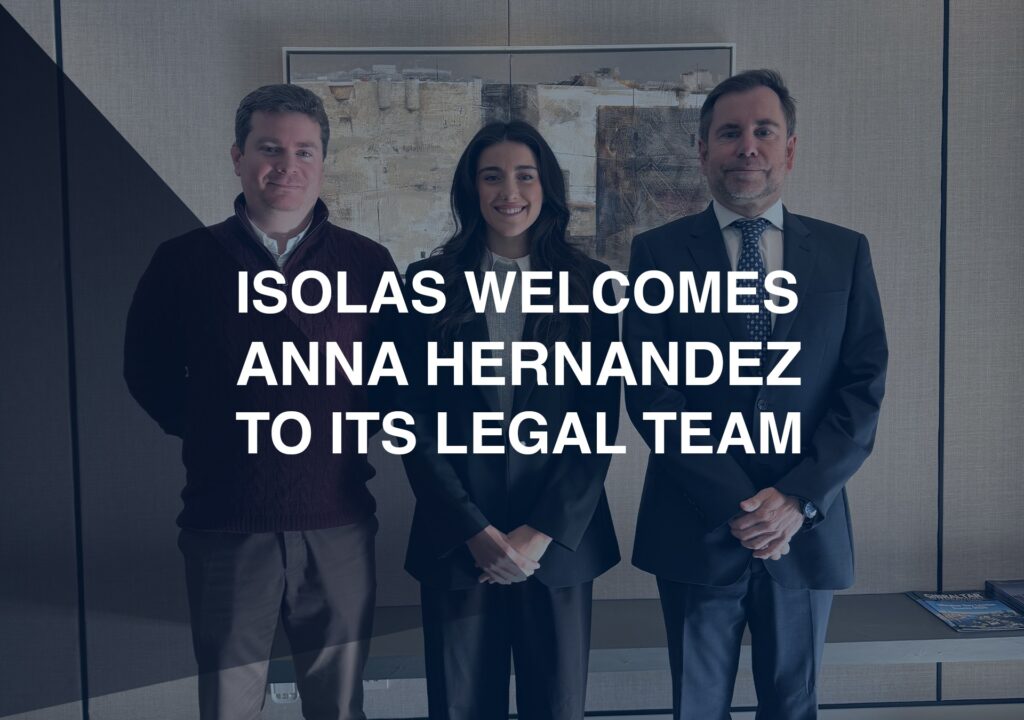The Court of Appeal for Gibraltar has upheld the Supreme Court of Gibraltar’s ruling on a significant legal case, confirming key principles related to privacy, illegality, and the protection of private lives (the ‘Judgment’). The decision provides clarity on the legal frameworks in Gibraltar and England and Wales, highlighting important distinctions in how both jurisdictions handle privacy orders and the doctrine of illegality.
The case, Mansion & Anor v. Manasco & Anor, involved several interlocutory applications filed by both the Appellants and the Respondents. In August 2024, the Supreme Court of Gibraltar handed down a landmark ruling invoking the “unambiguous impropriety” exception to “without prejudice” privilege (available here). This rarely used exception allows certain evidence to be disclosed despite the usual protections afforded to confidential communications.
The Court of Appeal’s ruling this week dismissed the Respondent’s application for permission to appeal this decision and thereby reaffirmed the validity of the Supreme Court’s judgment. However, the Court did grant the Respondent permission to appeal a separate “unless” order issued in another judgment in September 2024, in the process questioning whether the Chief Justice was entitled to find that the Appellant’s answer to responses for further information were ‘bona fide’ without cross-examination.
A key aspect of the appeal was whether the Supreme Court’s decision to hear certain proceedings in private was justified. The Respondent had argued that this privacy order conflicted with the principle of open justice, which advocates for public access to legal proceedings. In determining the issue, the Court of Appeal sided with the Appellants, confirming that the privacy order was appropriate under both the Common Law of England and Wales and the Gibraltar Constitution.
The Judgment draws attention to the unique features of Gibraltar’s legal framework on this issue. Specifically, the Gibraltar Constitution permits derogation from open justice when it is “expedient”, a concept which was rejected by the House of Lords in the key decision of Scott v Scott [1913] UKHL 2 and which therefore cannot be relied upon in England and Wales. Derogations from the principle under English common law are instead limited to instances where it is “necessary”. The Gibraltar Constitution permits derogations under both gateways. Attention was also drawn to the difference between the wording in Article 6 of the European Convention of Human Rights (“ECHR”) applied by the Courts in England and Wales which permits departures of the principle only in circumstances where ‘the private life of the parties so require’ and the nuanced wording in section 8(10)(a) of the Gibraltar Constitution which permits departures in ‘the interests of the protection of private lives of persons concerned in the proceedings’.
Whilst the distinction may seem arbitrary, it is important as the Gibraltar Constitution recognises that privacy orders may be required to protect the private lives of persons who may be concerned in the proceedings, (for example if they are named in Witness Statements) even if they are not necessarily a party to the proceedings. This does not seem to be accounted for under the wording of the ECHR. This was particularly significant as the privacy order had been entered into to protect the personal lives of various ‘non-parties’ who had been identified in the proceedings, but who were not parties themselves, and not to protect the interests of the Appellants.
The Court of Appeal also examined the Respondents attempt to amend his defence based on allegations of illegality against the Appellants. The Respondent’s main contention was that the purported illegal way that the Appellants conducted their business (which were found to be unsubstantiated by the Supreme Court of Gibraltar) and the fact that they required the Respondent to perform his contractual duties as CEO, essentially prevented the Appellants from obtaining compensation from the misapplication of assets owned by the Appellants.
The Respondent’s applications were emphatically and categorically rejected not only because the claims did not relate to any illegal acts, but also because permitting the Respondent to amend his defence in such a manner would run wholly contrary to the public policy considerations which apply. Specifically, that those who unlawfully take or misapply that which is not theirs to take, must return it or compensate those who they have taken it from for their loss. In other words, employees or indeed directors of a company cannot simply misappropriate assets and seek to justify their actions or indeed escape liability on the basis that the company is engaging in illegal or illicit activities. As recognised in the Judgment permitting a defence on such basis would be wholly disproportionate as the company would be engaged in criminal wrongdoing which would be a matter for the criminal courts.
The Judgment is available here.
The Appellants, Mansion (Gibraltar) Limited and Onisac Limited were represented by Hodge Malek KC, and ISOLAS Litigation Partner James Montado and Associate James Castle.






